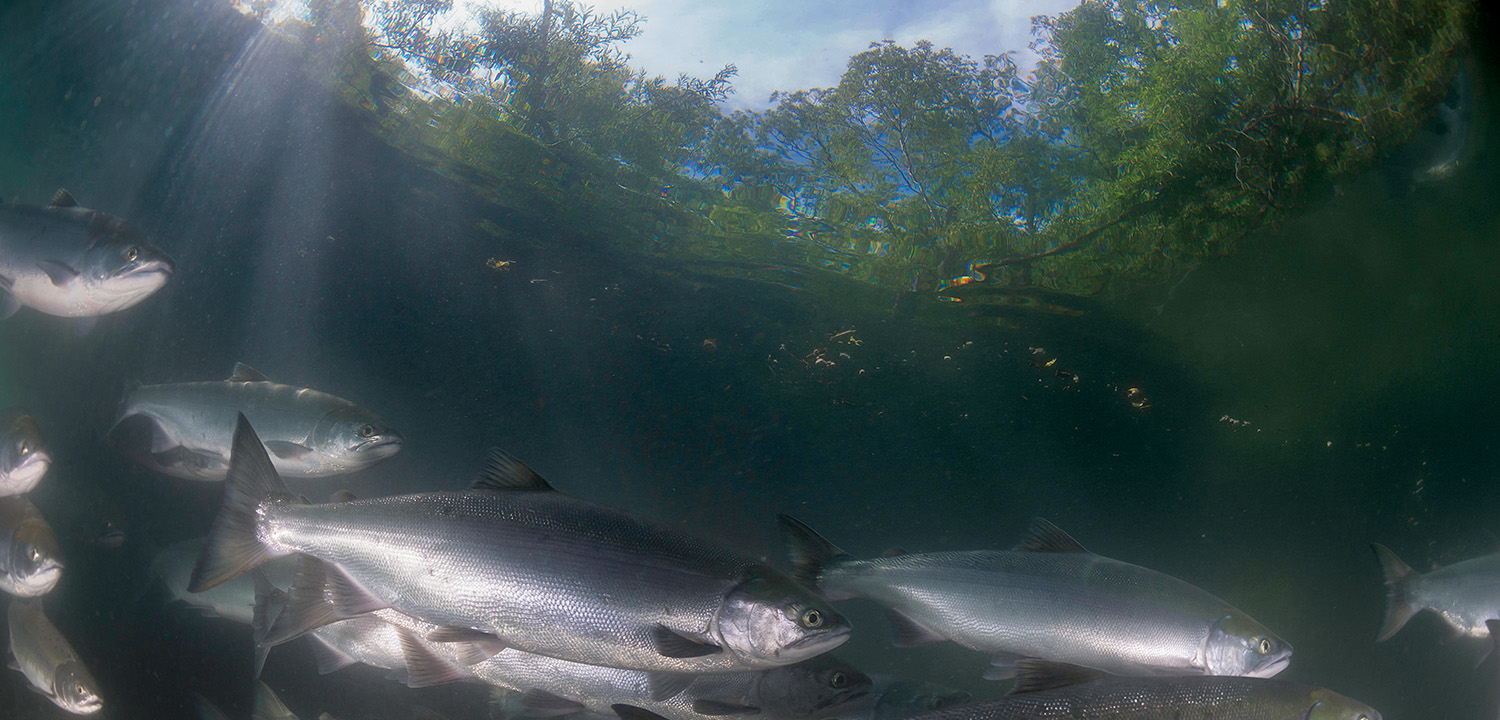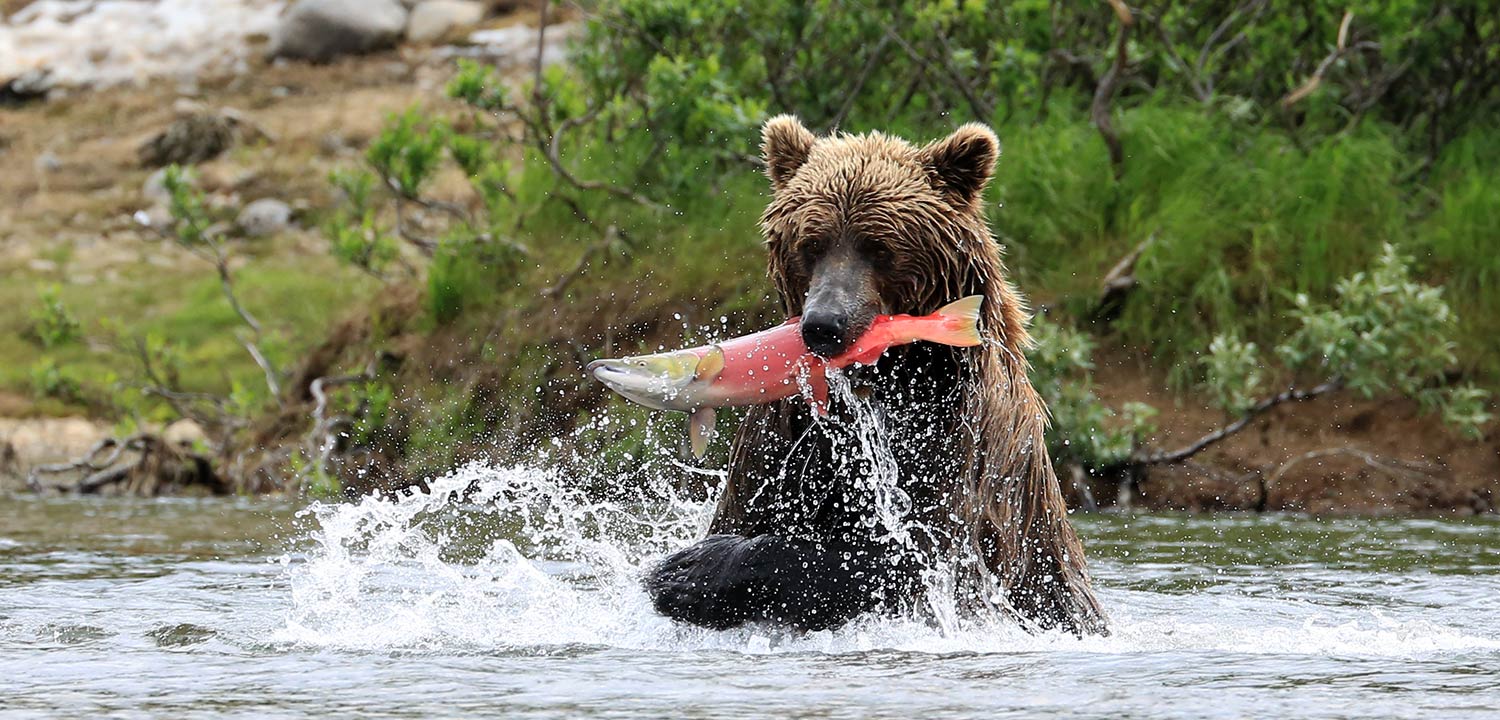In a painful year, you helped deliver major salmon conservation milestones.
It’s been a tough year for communities around the North Pacific. Covid-19. Economic hardship. Record-breaking wildfires. They have all impacted our staff, partners, and people throughout salmon-dependent regions.
In the face of all of that, an ever-wider and deeper community of salmon advocates found the energy to help deliver some major wins for clean water, healthy forests and salmon runs in strongholds.
Here’s what we achieved together this year – a truly humbling and awe-inspiring hit list.
Pebble Mine Halted
The campaign for one of the greatest salmon strongholds on Earth – Bristol Bay – reached a fever pitch in late July as the Army Corps looked ready to hand the Pebble Limited Partnership its most important permit for mine construction. A massive outcry from all across the political spectrum – including prominent Republicans, combined with a withering critique from scientists and local communities, reached right into the Oval Office. A delay in August, followed by the revealing Pebble Tapes, led to permit denial on the day before Thanksgiving. We’re catching our breath before gearing up for the final, tough knockout stage: Clean Water Act protections for Bristol Bay, which Tribal and fishing communities have been requesting for over a decade.
A Sea Change for Oregon Forestry
In February, conservation and fishing groups led by WSC’s Bob Van Dyk reached another previously unthinkable milestone: a deal with the Oregon timber industry to improve forest practices to protect clean water, local communities, and salmon runs. After Covid-19 delays, the legislature backed the deal with new pesticide spray regulations, updated rules for Rogue-Siskiyou streams, and funding for a science-based Habitat Conservation Plan for salmon and other species on an estimated 50,000 stream miles on Oregon private land.

Oregon’s Tillamook and Elliott State Forests: Conservation Plans Set
In October, the Oregon Board of Forestry unanimously agreed to move ahead with a 70-year plan for conservation that would set aside half of the Tillamook Rainforest in conservation. We’ve been fighting for this habitat conservation plan for two decades, and we will work to improve and finalize next year. In December, the state land board voted to pursue a new conservation and ownership plan for the Elliott State Forest put forward by Oregon State University: 63% of the Elliott would stay in conservation reserves.
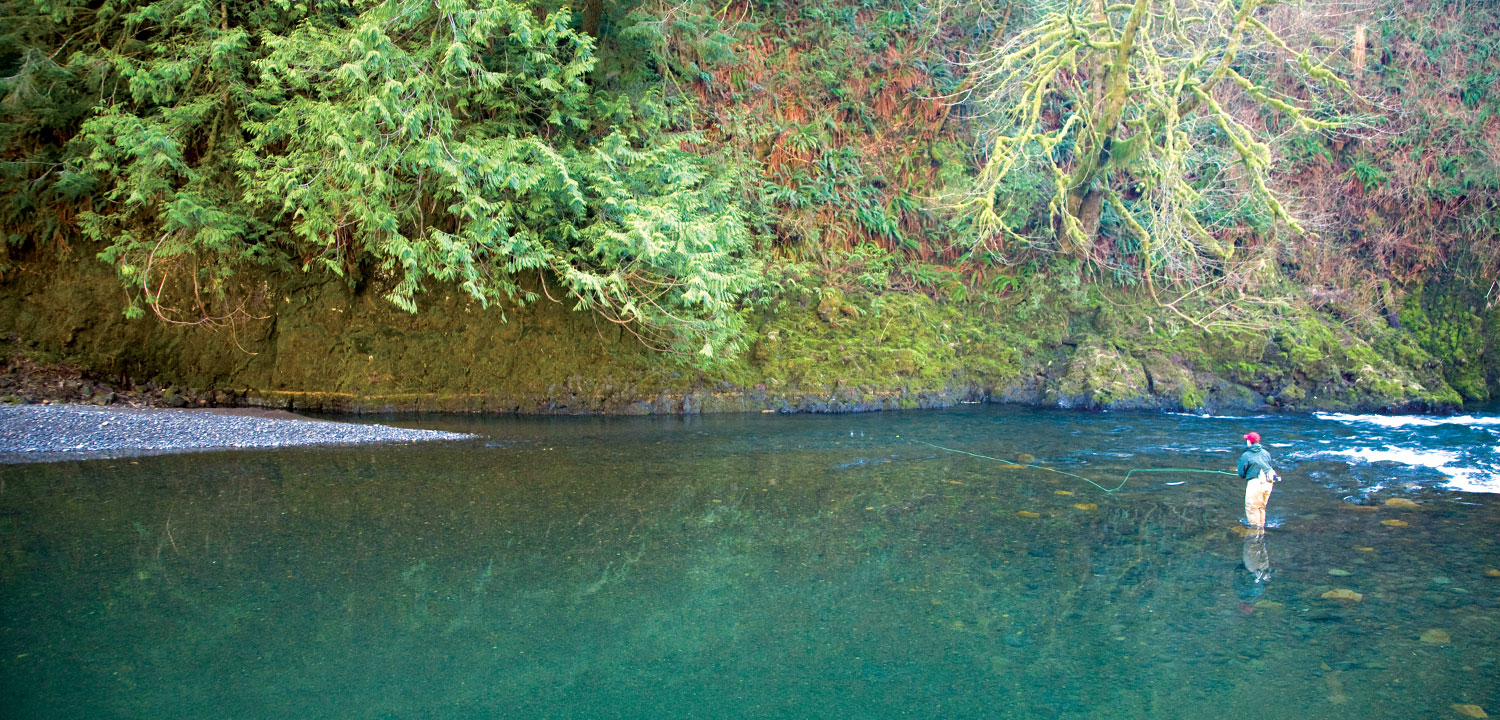
Chehalis Dam Slowed, Alternatives Explored
After the Chehalis River Dam proposal faced a large public critique during a comment period last spring, and a thumbs down from the Quinault Indian Nation and Chehalis Tribe, Gov. Jay Inslee asked state and local authorities to vigorously pursue alternatives to the $628 million mega-project. Wild Salmon Center and partners in the Chehalis River Alliance are now working on those alternatives that will improve habitat and flood resiliency on this important spring Chinook and steelhead river.
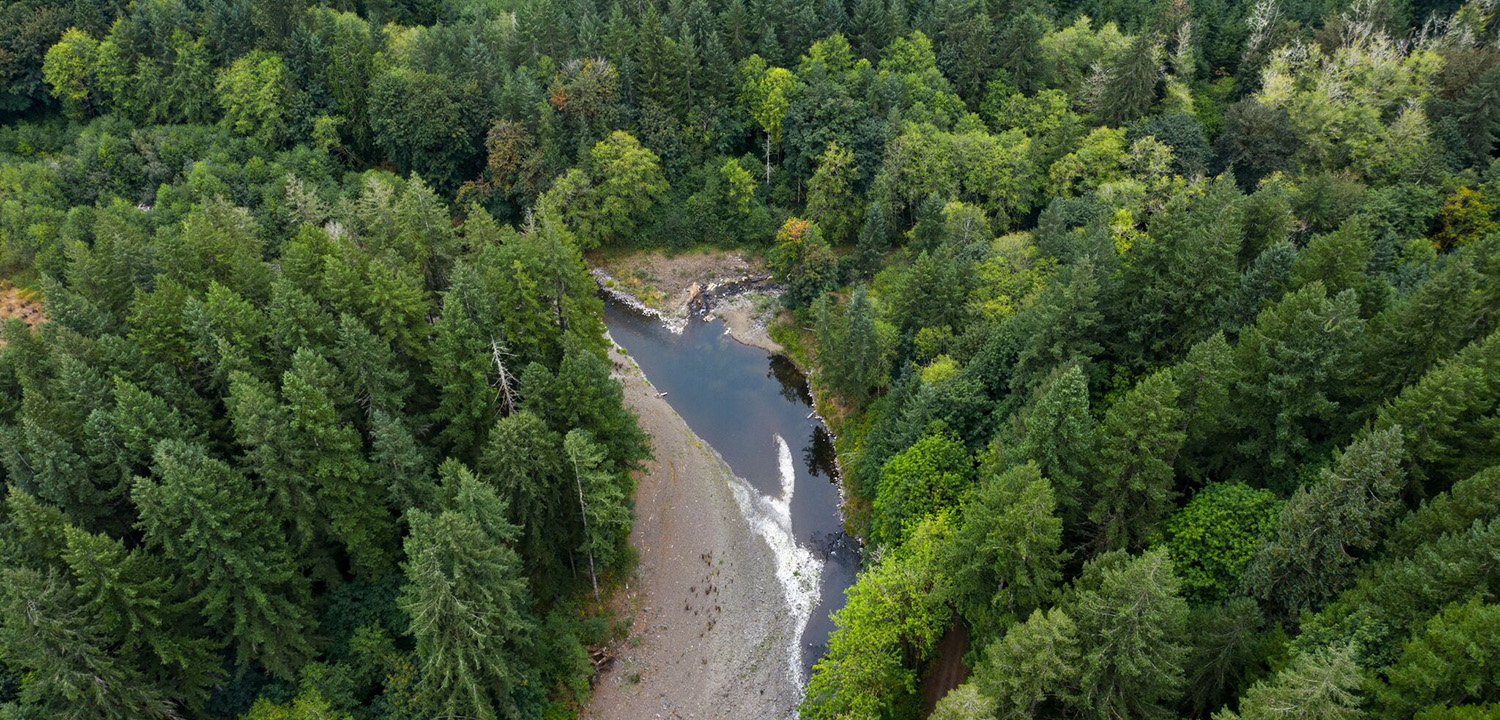
Klamath Dam Removal – Back on Track
Officials from Oregon, California, dam owner Berkshire Hathaway and Klamath region Tribes negotiated through a procedural hurdle and agreed to press forward with dam removal on the Klamath River. Wild Salmon Center has not worked on dam removal, but we are teaming with Tribal, academic, and conservation partners to help restore spring Chinook throughout the watershed. WSC has also been taking a deep storytelling dive on the challenges and opportunities for beloved spring Chinook runs across their range, via our series, First Salmon, Last Chance.
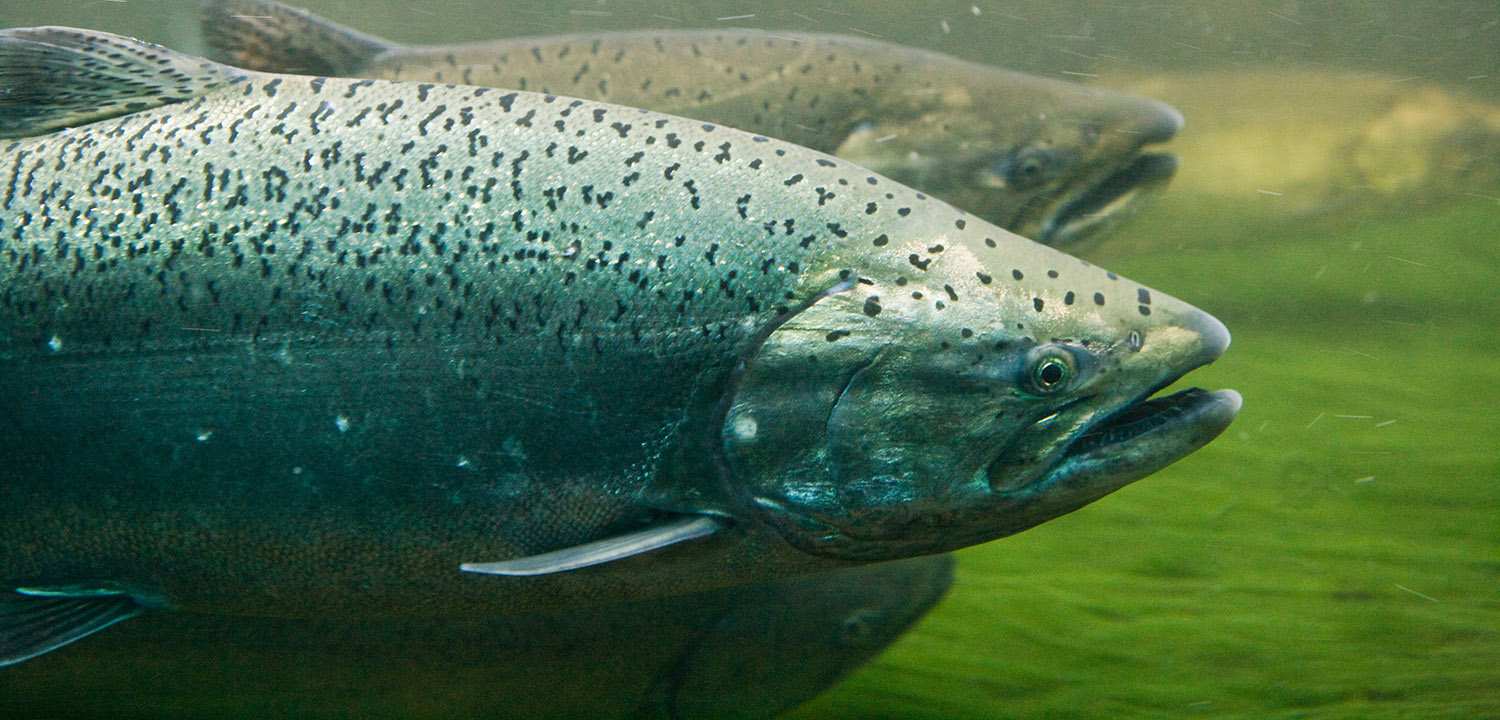
Creating Jobs on the Oregon and Washington Coasts
The Wild Salmon Center-led Coast Coho Partnership restoration projects employed 168 seasonal workers and 29 long-term workers on the Oregon Coast this year, at a time of critical employment needs.
Meanwhile, WSC and our partners on the Olympic Peninsula in Washington have created 410 jobs since 2015, under an ongoing restoration initiative.
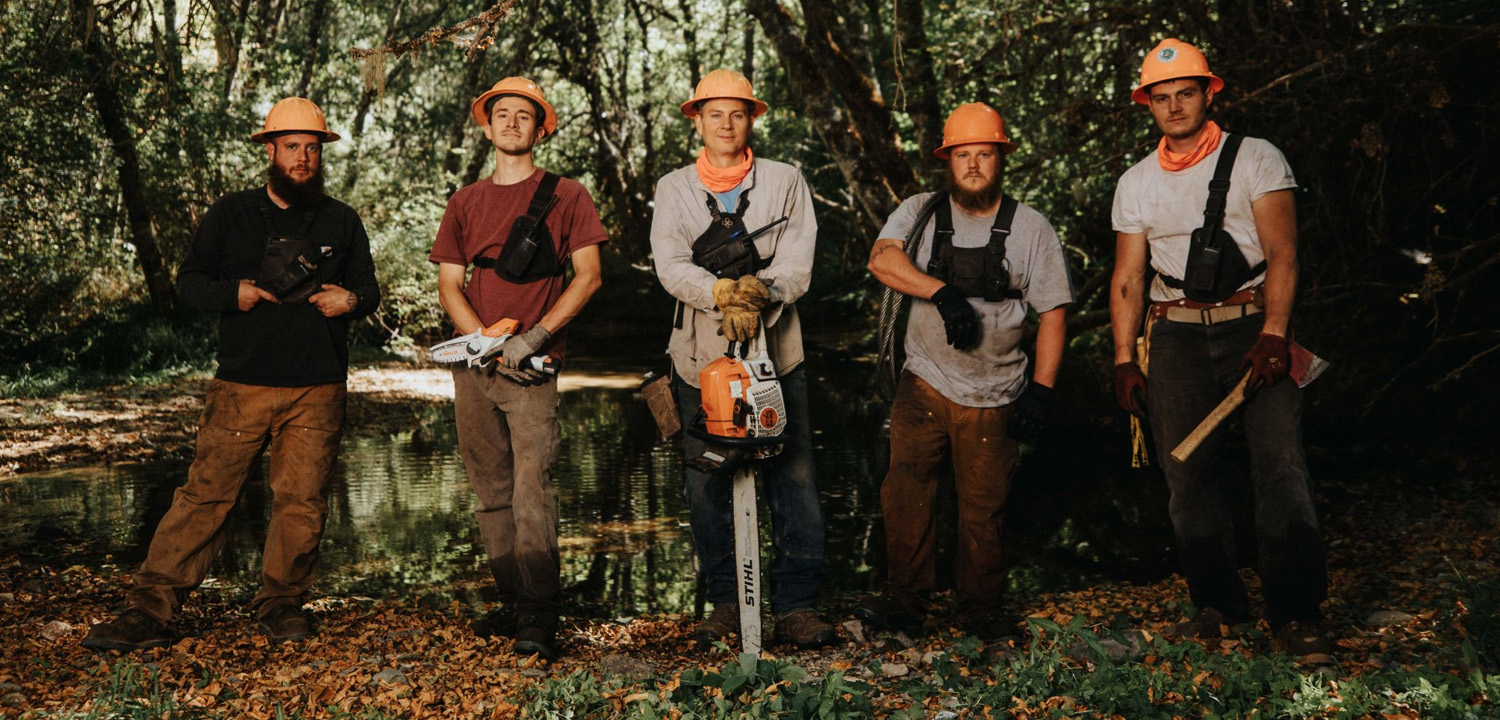
Welcome to Salmon School, Salmon Cinema
WSC staff put together some excellent resources for parents and kids coping with the new homeschool environment. Check out Salmon School. And don’t forget our salmon cinema section as the cold and dark descends this winter.
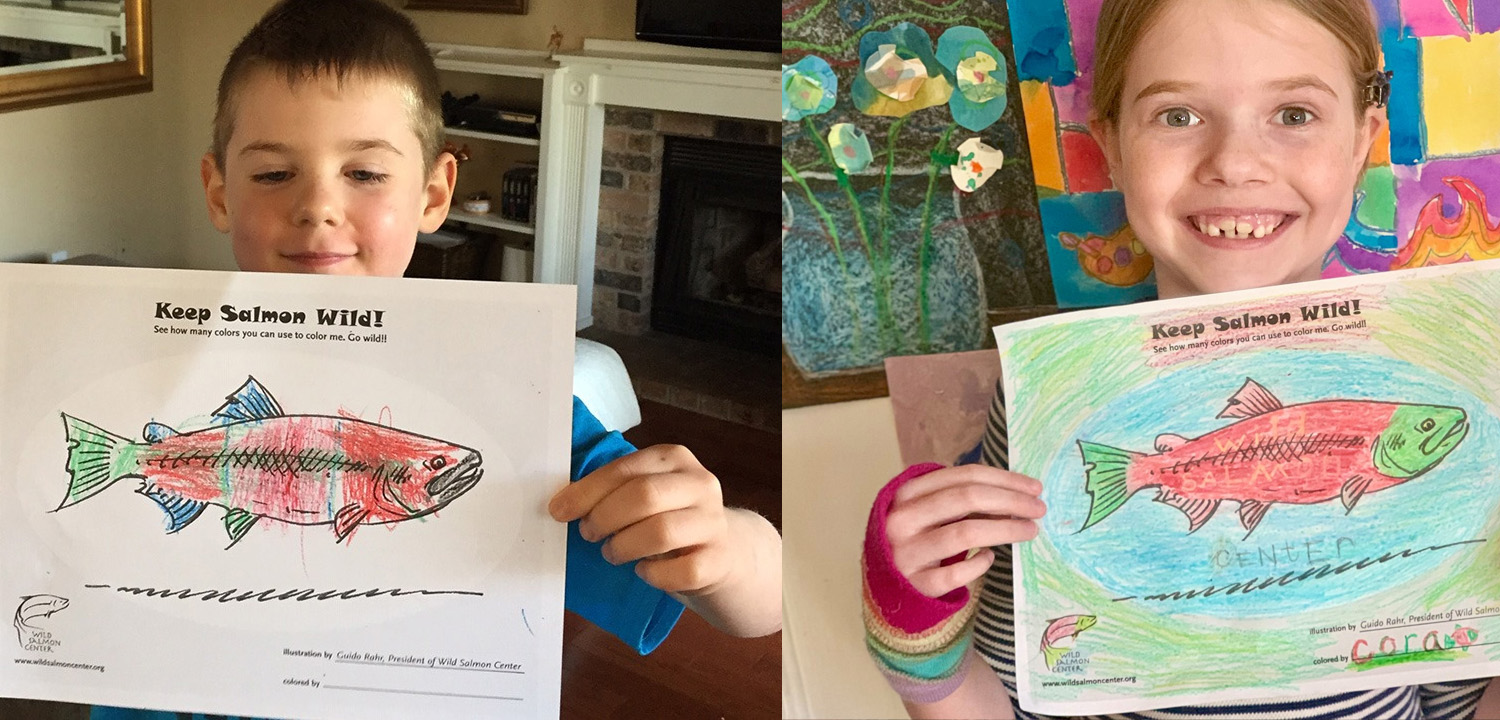
River Tigers debuts at Banff
A short film traveling deep into the Russian Far East, where we’re working to understand and protect the mysterious giant taimen, opened in November at the Banff Mountain Film Festival. Look for more screenings in 2021.
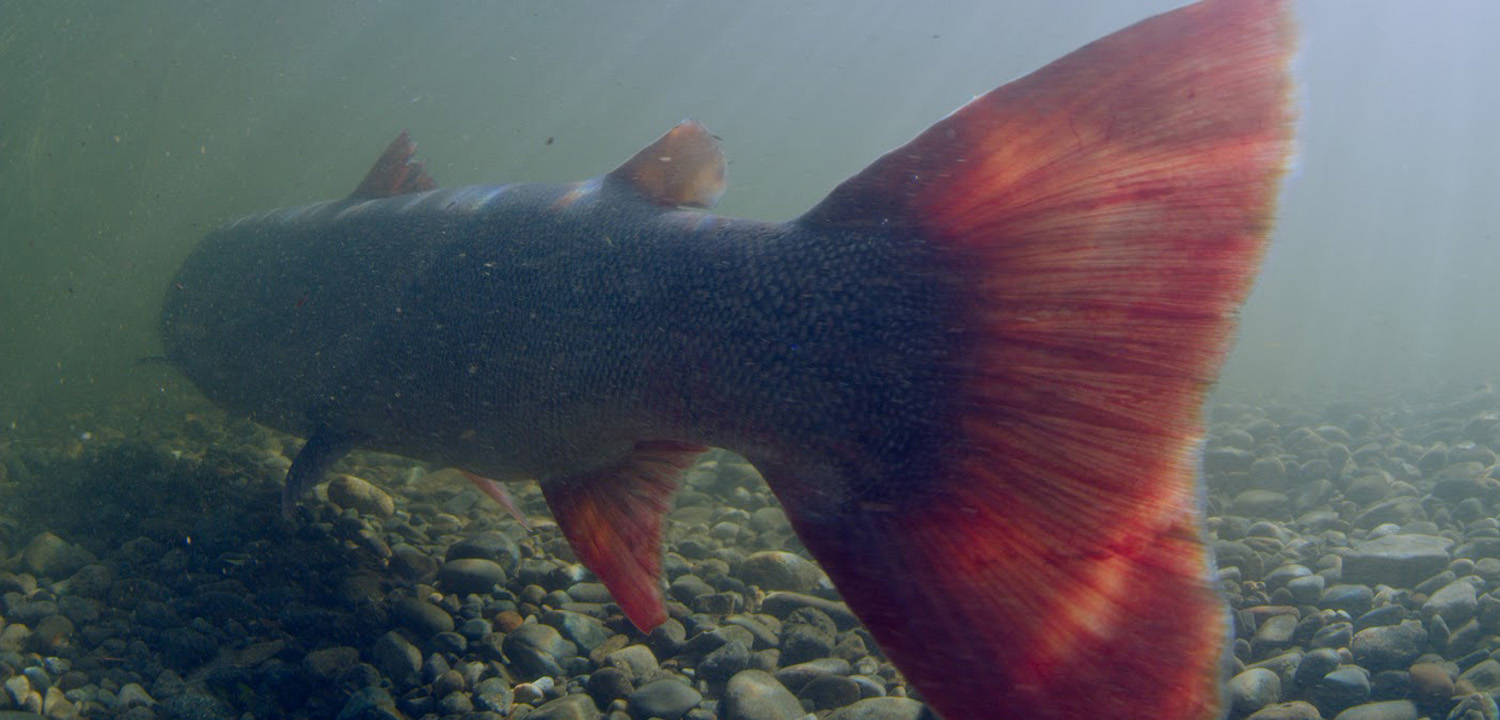
New Hires – Will Atlas and Caylin Barter
WSC adds new expertise in salmon science, traditional fishing practices, and water law and policy.
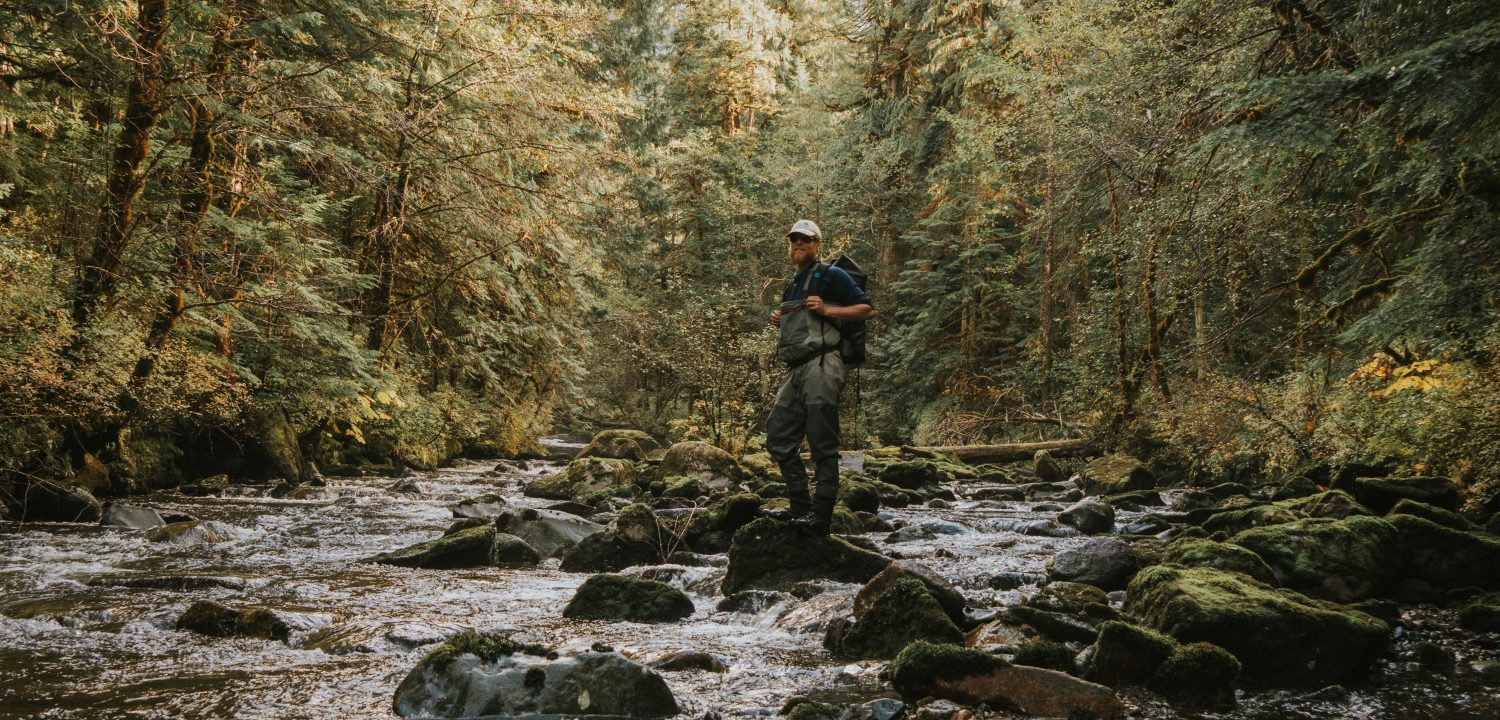
Major BC Science Initiative Gains New Support
Together with Tribal, science, agency and conservation partners on BC’s Central Coast, our science team will create a genetic library of all unique, local salmon runs. This will give fisheries managers the information needed to make real-time decisions about commercial fishing seasons, while protecting livelihoods, at-risk salmon runs, and culturally important food fish for local First Nations. Our partners secured new research agreements with local communities this year.
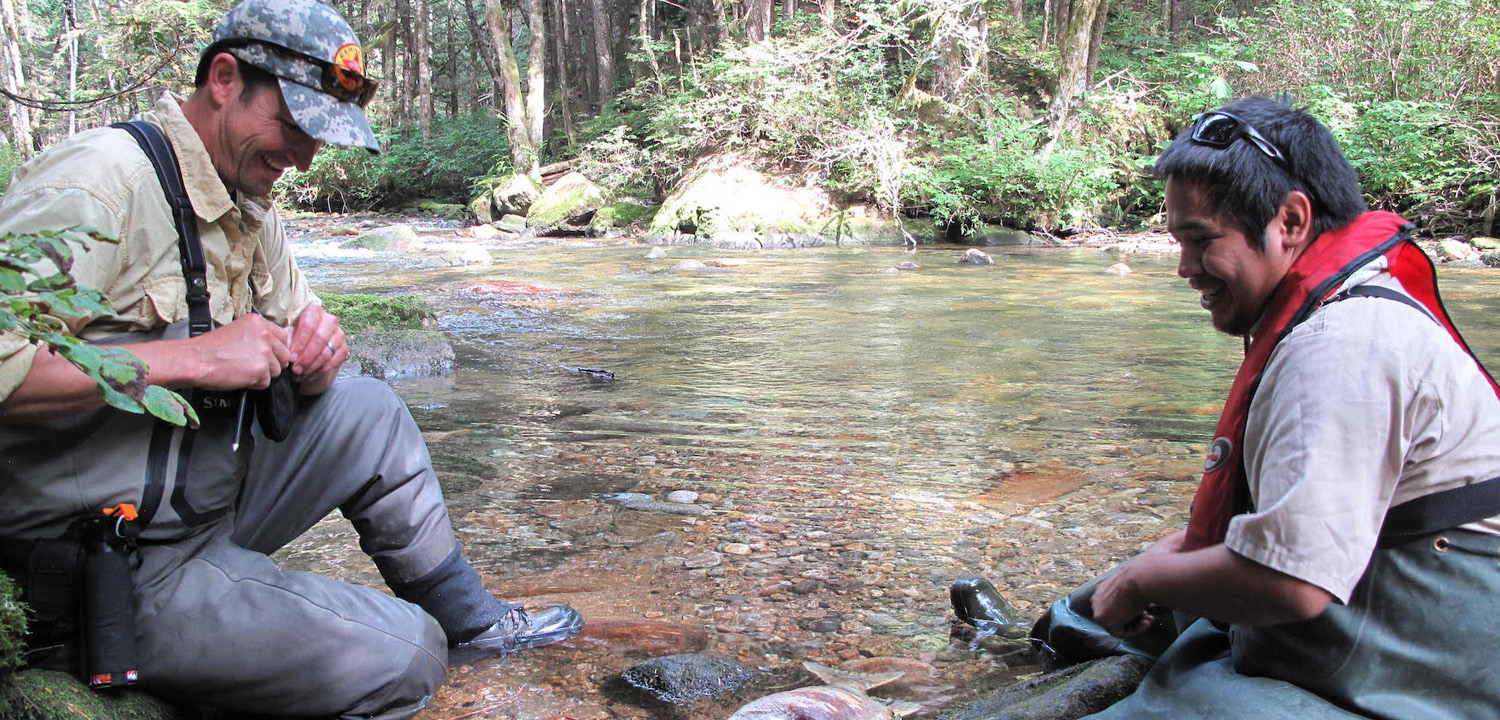
Tribal Fishing Practices Offer Hope
An all-star cast of authors, led by WSC’s Will Atlas, makes the case in a new paper that age-old tribal fishing practices provide a route to revitalizing salmon fisheries and building more effective and adaptive salmon management systems, in the face of climate change.
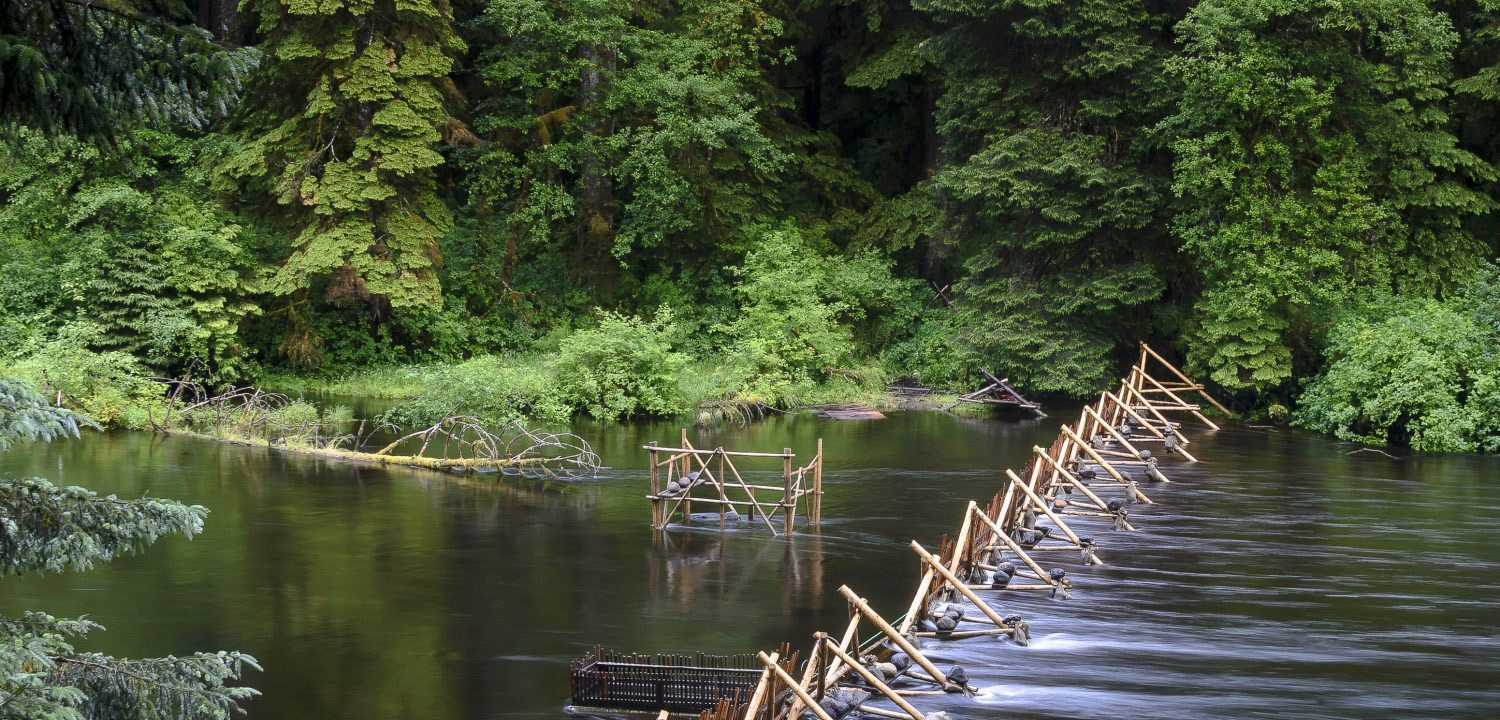
Training Guides in the Shantars
Our Russian partners at Boomerang Outdoor Club traveled to the Shantar Islands National Park to deliver guide education in an area WSC helped protect in 2014.
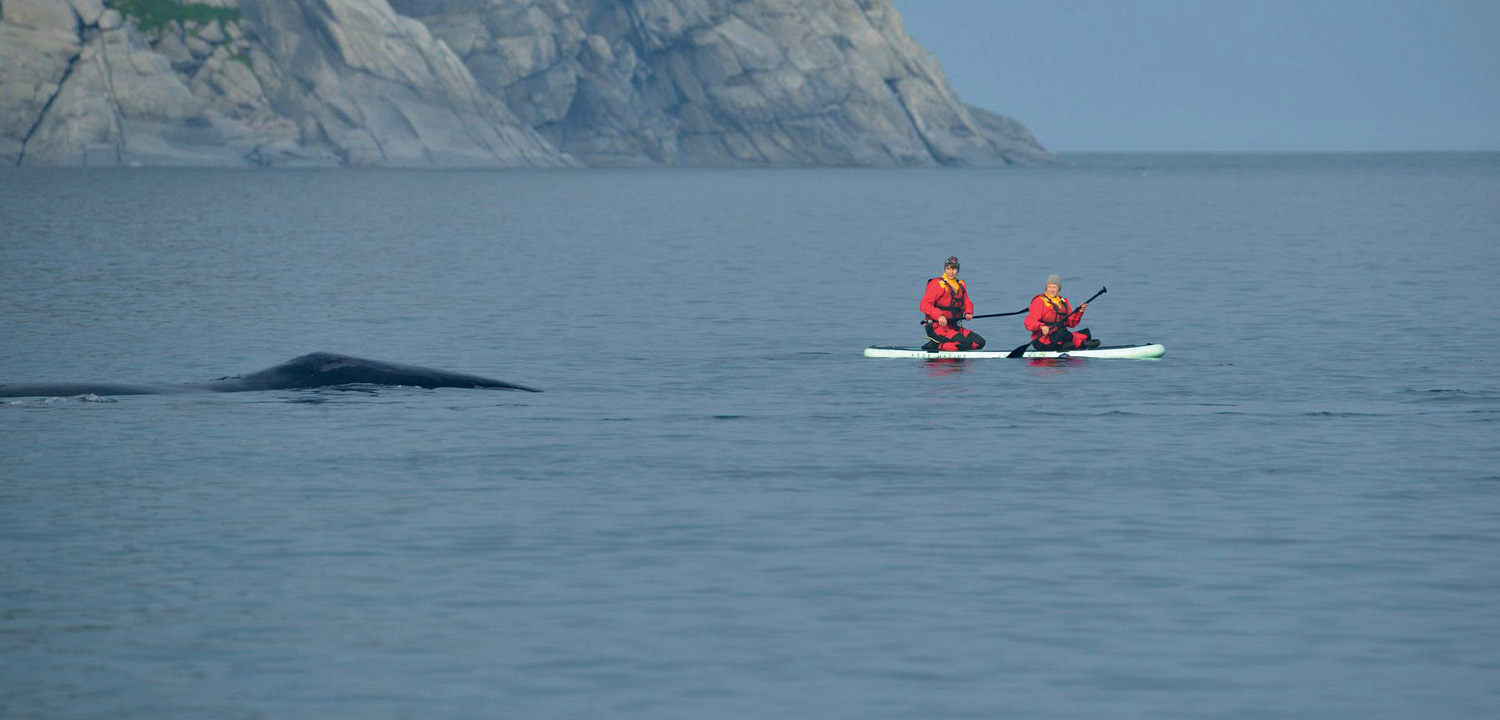
Stopping Poaching in Sakhalin
Sakhalin Island fishermen helped slow the tide of illegal fishing on one important salmon river this summer.
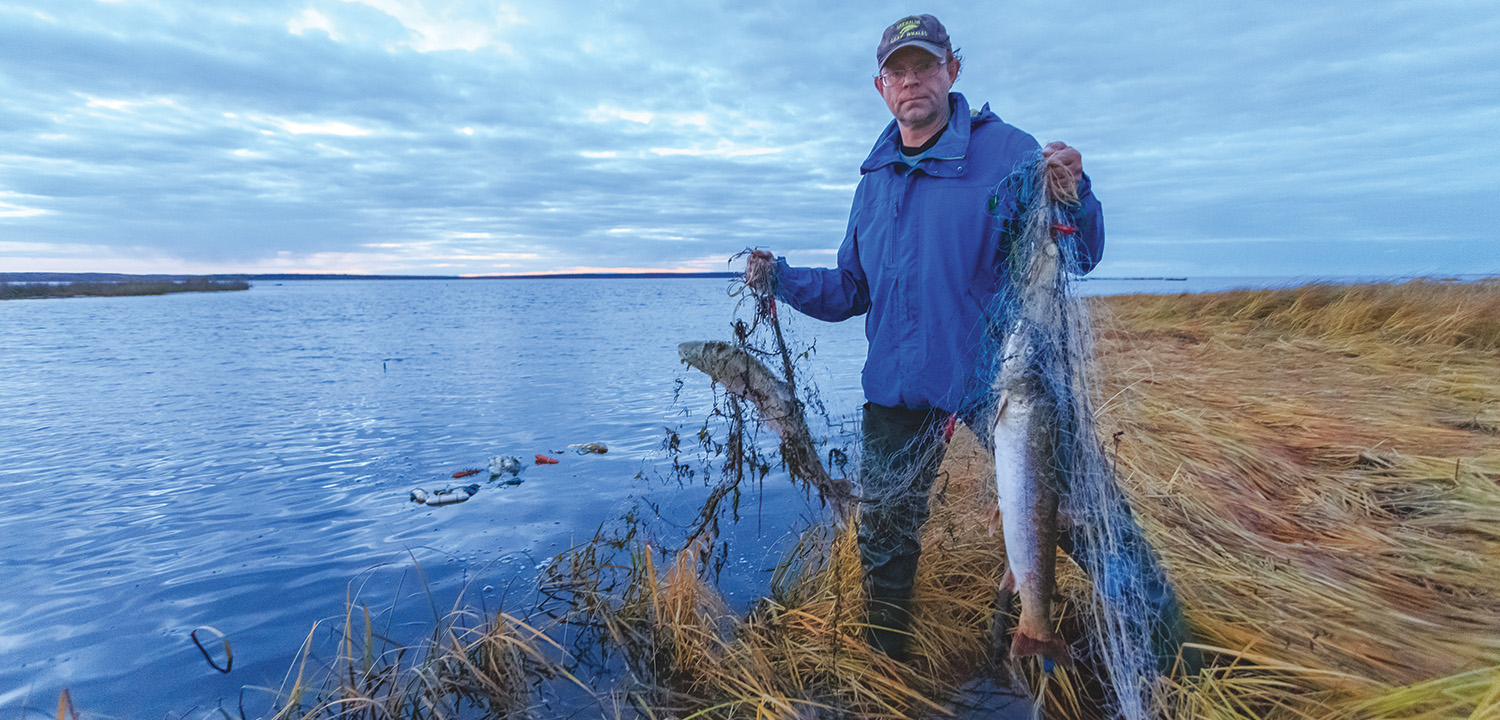
Hero Image
